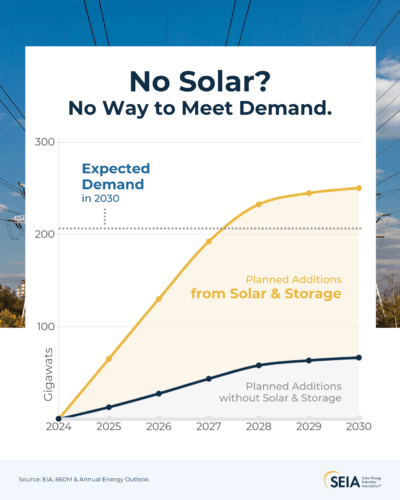 What is the One Big Beautiful Bill?
What is the One Big Beautiful Bill?
The 2025 Federal Budget Reconciliation Bill, popularly known as the One Big Beautiful Bill Act (OBBBA), primarily focuses on extending and expanding tax cuts originally enacted under the 2017 Tax Cuts and Jobs Act. The bill also proposes to boost overall energy production by significantly rolling back clean energy incentives introduced under the Inflation Reduction Act (IRA) of 2022. This includes repealing or phasing out tax credits for renewable energy projects, while removing regulatory and financial barriers perceived to hinder fossil fuel development.
Among other things, this bill would repeal certain clean electricity production and investment credits and aim to phase out credits for solar, wind and battery storage.
Why are clean-energy credits actually beneficial?
Clean energy tax credits are often misunderstood—dismissed as unnecessary handouts or, worse, as crutches propping up an uncompetitive industry. This misinformation creates the belief that the solar industry would not be cost-competitive with traditional energy sources without subsidies. But this perception overlooks the real value of credits: Clean energy credits help accelerate the transition to a more sustainable, resilient energy system by encouraging innovation, reducing costs, and attracting private investment. Far from being a burden, they’re a smart, strategic investment in America’s energy future.
The simple fact of the matter is: Clean-energy credits help American Families:
- Lower their electric bills
- Lower taxes (or increase tax refunds)
- Make clean-energy more affordable
It’s also important to keep in mind the implicit yet vital effects the tax credits produce:
- More jobs: more benefits lead to more projects which leads to more jobs
- More American manufacturing: makes US supply chains more viable
- Stable expectations and capital allocation: allows for more American prosperity
It’s not a political issue, it’s an infrastructure decision that has the power to change the course of America’s Energy future. Learn more and make your voice heard.
_______________________________________
By: Lea Maamari and Kolbe Osarchuk
Lea Maamari is SolUnesco’s Senior Research Associate.
Kolbe Osarchuk is SolUnesco’s 2025 Summer Marketing Intern. She is going into her fourth year at the University of Virginia, majoring in English and Economics.
Published: June 26th, 2025
Edited: June 26th, 2025
